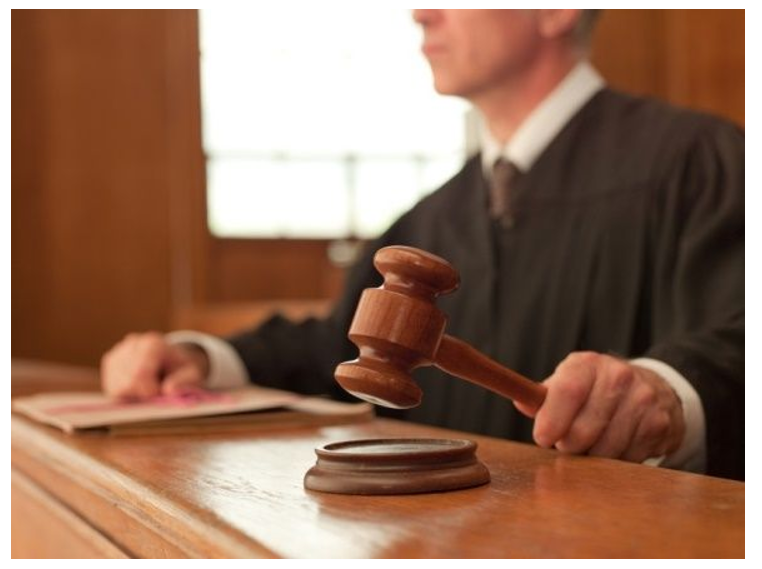When a person is accused of a crime, spending time in jail can be a nightmare. The thought of escaping from the situation pops up in mind. Before app
When a person is accused of a crime, spending time in jail can be a nightmare. The thought of escaping from the situation pops up in mind. Before appearing in the court, it is whimsically essential to know the purpose of the hearing. Knowing about this procedure helps make the process of preparation for the hearing easier.
Bail Hearing: What is It?
A bail hearing or arraignment occurs within 24 hours after a person is brought into custody. In this hearing, a decision is made whether to keep the person in custody, release, or adjourn the hearing. A judge of peace allows or refuses the defendant to post bail for the duration of the trail.
Things to Consider During Bail Hearing
A person is liable to trail due to breaching the law. In the court process, a judge considers a lot of factors before concluding to allow bail. Some of the usual things everyone ought to know include:
- Previous record and character of a person
- The nature of the crime
- Employment and financial condition
- The Period of residence
- Court hearings of the past
Since providing the proofs of evidence is the responsibility of the defendant, hiring a criminal lawyer in Brampton or anywhere else is necessary to put your mind at ease. Make sure the attorney knows the ins and outs of the legal system. Demonstrating new facts becomes the need of the hour in case bail hearing is not the first in the course of the trail.
What happens At the Bail Hearing?
Bail hearing highly depends on the case and jurisdiction. Generally, at a bail hearing, the Crown presents the details of the allegation against the defendant. It happens by calling witnesses to prove the allegation in the court.
Once the Crown presents the allegations, the accused person’s attorney presents evidence and ensure the court that the accused will obey bail conditions. The defense presents arguments for detention in case the defendant affords the bail. It leads to reduced restriction, but also addressing the concerns of the court. The judge decides whether to keep the accused in jail until trial or release the person on bail.
How to Prepare For Bail Hearing?
When the police arrests a suspect is in custody, he/she is held for a bail hearing within the first 24 hours. The justice of the peace considers some points and grants the bail accordingly. The suspect has to follow some conditions, which the court gives after granting bail.

One should not confuse bail hearing with proving innocent. A bail hearing has nothing to do with judging whether a person is guilty of the offense or innocent. The judge takes the risk of letting the defendant perform the everyday tasks in the community while the courts are considering the case.
Ground for Detention
A person is held for a bail hearing after the arrest due to committing an offense. In order to understand the bail hearing procedure, one ought to take the help of an experienced attorney.
Grounds of Detention refers to the risks involved in letting the suspect on bail. Alternatively, it can be understood as the prominent reason why the defendant ought not to be allowed bail. The Crown generally considers a few grounds of detention, such as suspect may fail to present in the court when required, and he/she may breach law again.
Final Notes
The bail hearing is an opportunity to buy back the freedom while at stand trial. Knowing what to expect during the procedure helps to avoid further legal complications. Since everyone knows that the time is of the essence when a person is behind bars, hiring a criminal defense lawyer is of utmost importance.